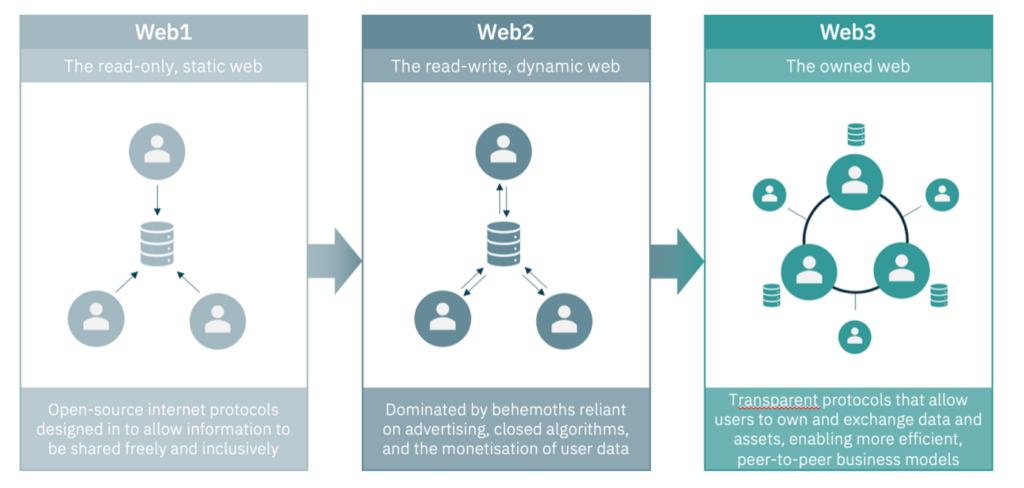In this age of transformative technology, the global Web3 revolution is inspiring governments worldwide to explore novel strategies. The recently held Technology and Digital Innovation Summit in Manila, hosted by the Central Bank of the Philippines, featured Simit Naik, Director of Strategy at nChain, sharing insights on how Web3 can reshape the country’s future. This exclusive event welcomed industry giants like Google, Microsoft, and Amazon, as well as prominent government bodies including the Bangko Sentral ng Pilipinas (BSP).
Event Highlights:
Directly stemming from Simit’s talk, we were honoured with a second invitation to the BSP, where we will delve deeper into the realms of Web3 and explore the possibilities of a strategic engagement for a 5-year roadmap. Our agenda includes two impactful roundtable discussions with BSP, a testament to the resonance of our ideas found among the event’s attendees. We were also fortunate to engage in insightful conversations with other government representatives, all eager to understand the transformative potential of Web3 within the Philippines’ governmental landscape.
This article delves deep into the world of Web3 and showcases nChain, a key global Blockchain Technology and Web3 technology provider, and its visionary initiatives in shaping modern government services.
Web1 to Web3: An evolution
The evolution of the internet, from its static Web1 phase to the current decentralized Web3 era, is a journey worth acknowledging.

The early days of Web1 featured static pages with centralized content, where users consumed information passively. The advent of blockchain in 2008 ushered in Web2, marked by interactive and user-generated content. The dynamic web pages enabled by HTML evolution paved the way for social media platforms, turning users into creators and fostering an era of participation.
Web3, distinct from its predecessors, introduces a decentralized, semantic web. Powered by blockchain technology, this evolution restores data ownership to users, transforming data into a tool for empowerment rather than exploitation.
nChain’s Collaboration with Global Governments
At the forefront of this transformation is nChain, partnering with governments globally to revolutionize Web3 services and infrastructure. During the summit, Simit Naik emphasised nChain’s commitment to reshaping governmental operations through tailor-made solutions.
Naik delved into nChain’s multifaceted initiatives, highlighting that solutions for governments are designed to cater to specific needs, rather than applying one-size-fits-all approaches.
Advantages of Web3 Solutions for Governments
The adoption of Web3 solutions brings a range of benefits to governments:
- Facilitating policy implementation
- Generating employment opportunities
- Enabling upskilling and education
- Promoting inclusivity
From a governmental perspective, Web3 minimizes friction, enhances efficiency, and fosters innovation, promoting seamless value exchange.
The Role of Web3 in the Philippines
Web3’s primary goal in the Philippines is to rejuvenate prosperity for all citizens. Simit Naik unveiled a 10-point agenda aimed at economic revitalization and sustainable growth:
- National reopening
Leveraging data and analytics to mobilize the healthcare industry, introducing transparency through blockchain-based supply-chain solutions.
- Public-Private partships
Utilizing smart contracts for transparent procurement processes and automated payments in PPP contracts.
- Infrastructure development
Harnessing Web3 for digital identity and HealthTech, enhancing transparency and efficiency in procurement through blockchain.
- Fiscal Discipline
Introducing efficient payment systems and CBDCs built on blockchain for financial inclusion and new economic models.
- Transparent and efficient government
Implementing blockchain-based digital registry services for accessible government services and data integrity.
- Digital Philippines
Employing digital identity for streamlined access to government services, utilizing blockchain for secure learning records.
- Energy security
Implementing blockchain-based energy trading platforms for transparent energy credits and investment opportunities.
- Future-ready Filipinos
Empowering citizens through Web3 and blockchain skills, fostering education and achievement recognition.
- Affordable healthcare
Leveraging blockchain and AI for preventive healthcare strategies, reducing medicine costs, and enhancing data management.
- Food for all
Enhancing access to capital for farmers through blockchain-based micro-lending platforms, improving supply chain transparency.
The agenda presents several overlaps, which point to the need for transparency, efficient data exchange and governance. This is the role that Web3 can play.
In the next article, we will further explain how nChain can play a pivotal role in Web3 transformation. Stay tuned to find out more